SJI Grantee Spotlights
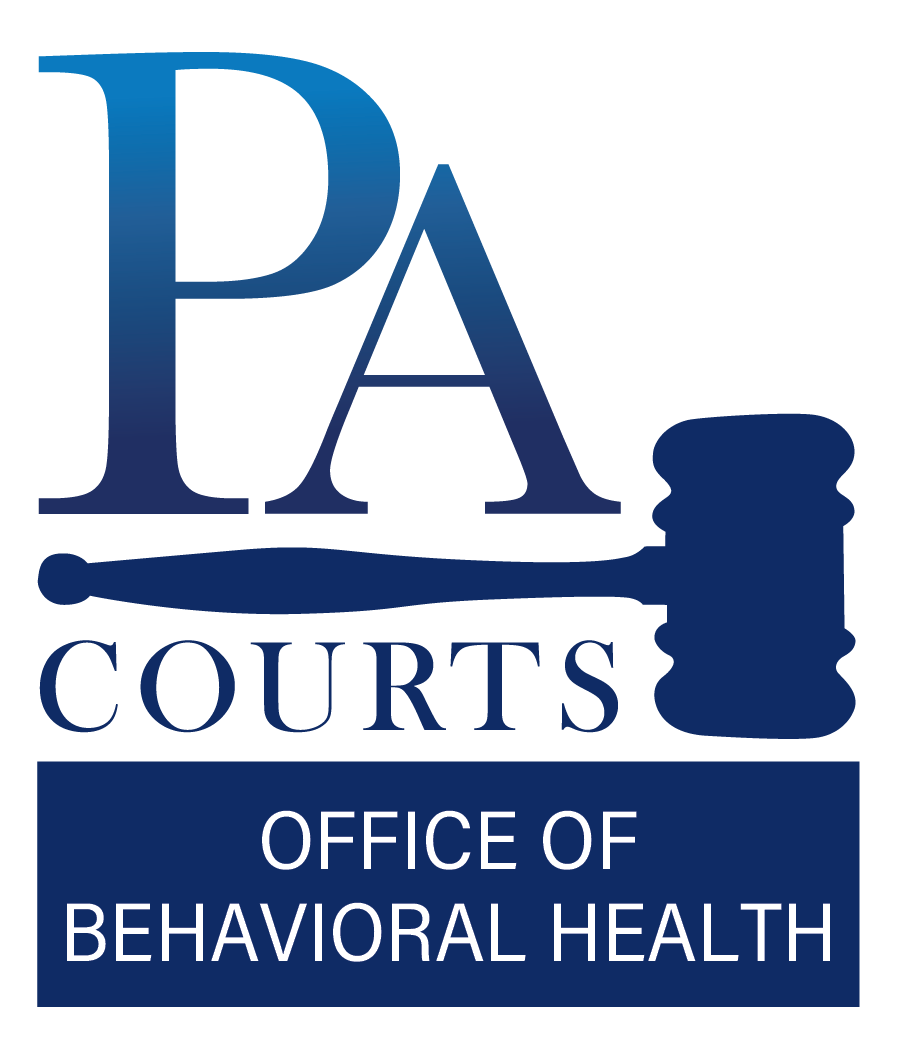
Pennsylvania Statewide Behavioral Health & Recovery Summit – Administrative Office of Pennsylvania Courts
In October 2024, the Pennsylvania Courts held a first-ever statewide Behavioral Health Summit that brought together over 500 judges, leaders, and stakeholders to address the growing behavioral health crisis within the judicial system. Pennsylvania Supreme Court Justice Kevin Dougherty emphasized the increasing severity and frequency of behavioral health challenges and called the summit a “call to action” to improve court responses and support justice-involved individuals with behavioral health needs.
The summit, hosted in partnership with the Pennsylvania Commission on Crime and Delinquency (PCCD), fostered collaboration among judges, county and state leaders, and advocates. It highlighted the importance of both education and building relationships in creating informed solutions that positively impact the community. This initiative seeks to develop comprehensive strategies that address behavioral health issues and ensure both effective legal proceedings and compassionate, trauma-informed care.
A significant prior step in this effort was the establishment of the Office of Behavioral Health by the Pennsylvania Courts last year. This office is focused on promoting best practices at the intersections of at-risk populations and the courts. It is also dedicated to providing training and educational resources for judges, ensuring they are equipped to navigate cases involving those with behavioral health challenges. Key areas of focus include truancy, domestic relations, juvenile delinquency, criminal justice, and civil commitments.
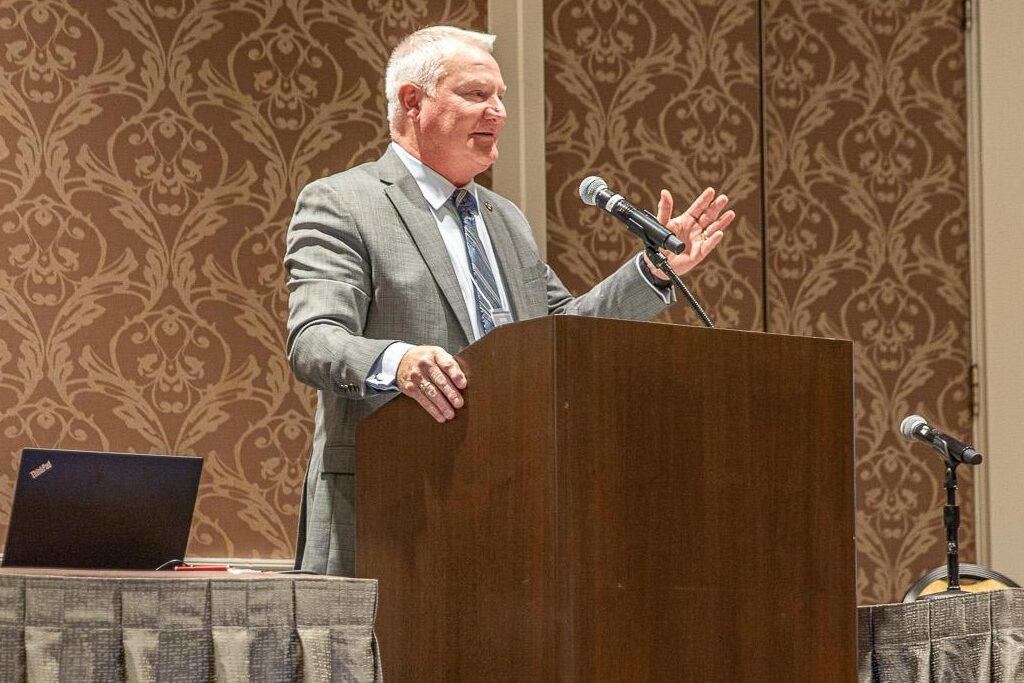
The office is currently supporting the establishment of seven judicially led, behavioral health regional councils to ensure ongoing collaboration and progress. The councils will launch via regional summits across Pennsylvania with a focus on helping county leaders to understand and engage the legislature and stakeholders on regional priorities.
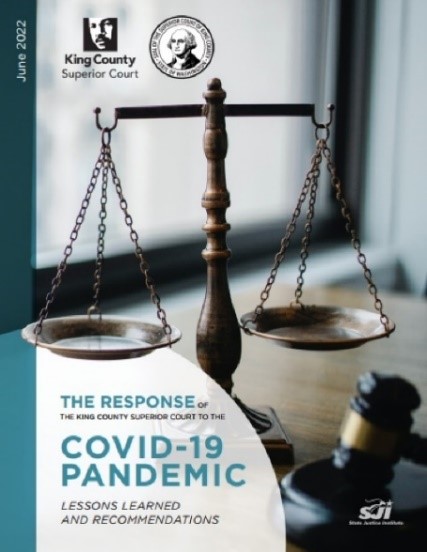
King County Superior Court, Washington – The Response of the King County Superior Court to the COVID-19 Pandemic: Lessons Learned and Recommendations
August 1, 2022
King County, Washington, was ground zero for the beginning of the COVID-19 pandemic in the United States. The Washington State Supreme Court suspended most court operations in all courts on March 18, 2020. Acknowledging access to justice is of critical importance, King County Superior Court (KCSC) leadership vowed to continue to hold matters on all …
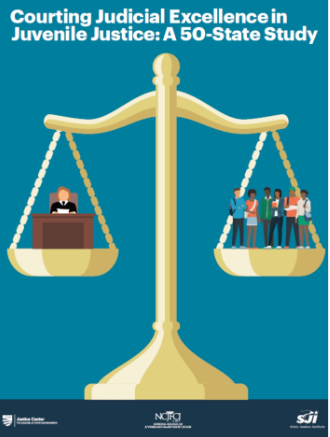
Council of State Governments Justice Center – Courting Judicial Excellence in Juvenile Justice- A 50 State Study
July 1, 2022
Juvenile court judges are the most important public figures in the juvenile justice system–their decisions impact whether hundreds of thousands of youth each year become court involved and for how long, whether they are involuntarily removed from their homes and communities, and the services they receive. Despite the importance of these judges, states and locales …
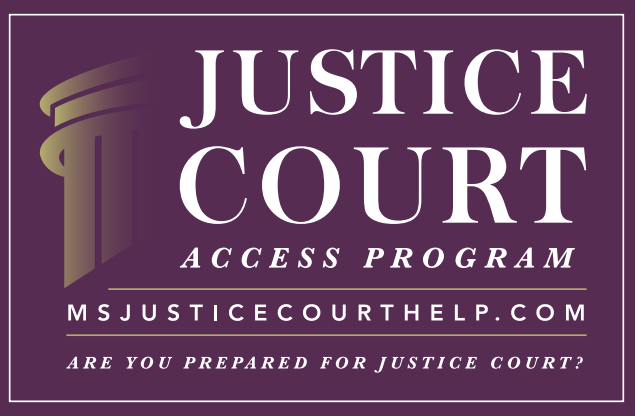
Mississippi Center for Justice – Justice Court Access Program
June 1, 2022
Each county in Mississippi contains its own Justice Court where community members bring legal actions to settle local, small-dollar disputes. Court regulations and policies vary in each county, and they can be incredibly confusing for Mississippians to navigate, almost all of which are pro se litigants. The COVID-19 pandemic created more variation as judges and …
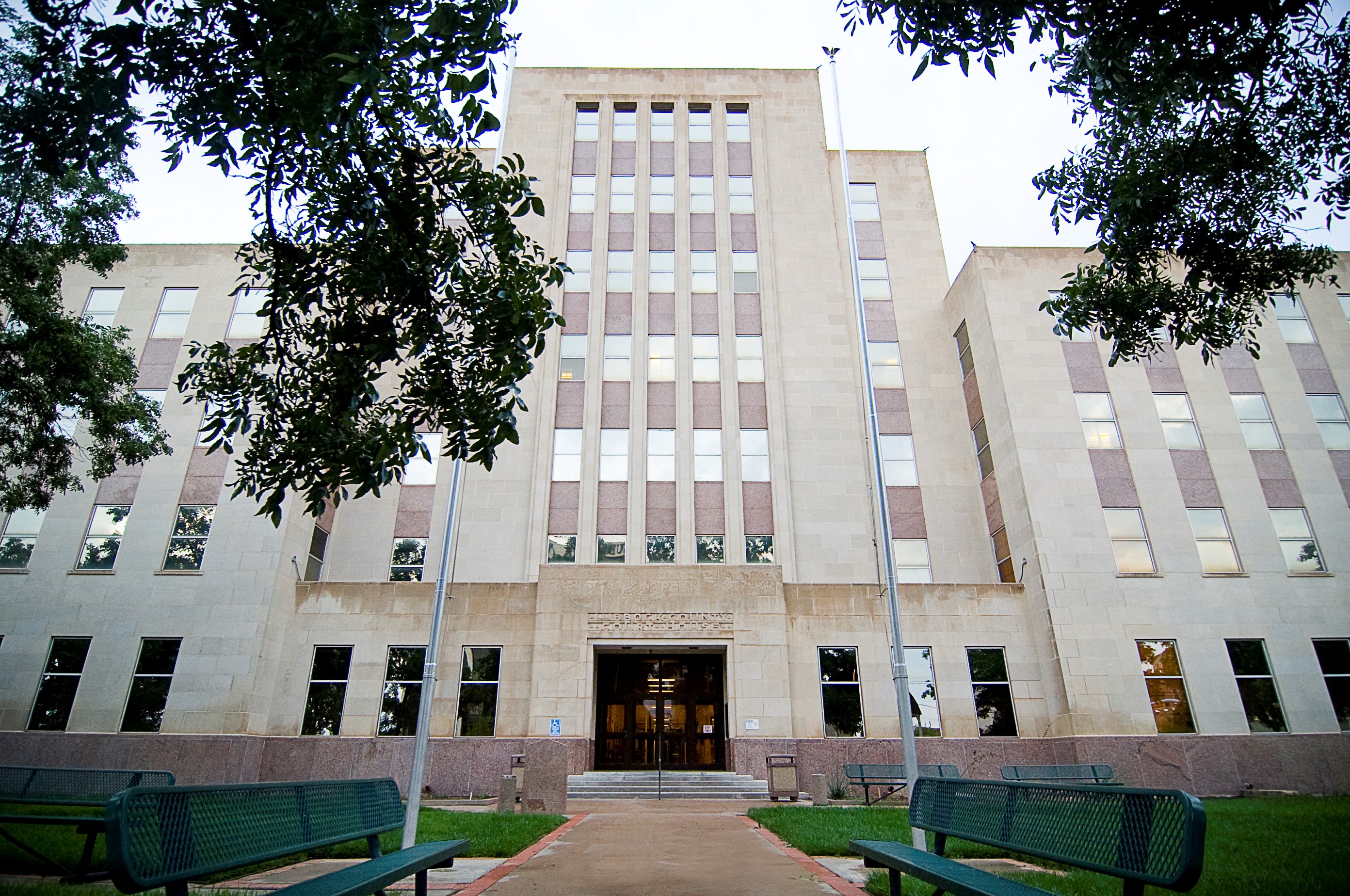
Texas Dispute Resolution System / Office of Dispute Resolution for Lubbock County – Mediation and Mental Health
May 2, 2022
Participating in the judicial system can be traumatic and stressful. Mediation is a tool used for resolving many judicial matters, thus mediators often encounter disputants experiencing the worst time of their lives. With this in mind, Texas Dispute Resolution System™ (TDRS) began a process to enhance their mediators’ skills and knowledge when engaging disputants during …
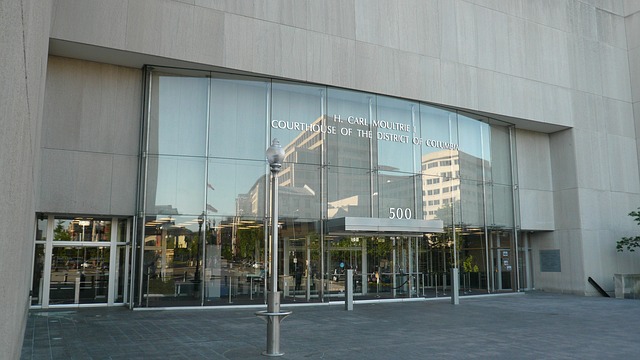
District of Columbia Courts – Language Access Project
April 1, 2022
The State Justice Institute awarded a key grant to the District of Columbia Courts’ Office of Court Interpreting Services to launch the Courts’ Interpreter Registry and the first-ever Amharic Court Interpreter Certification Examination. These initiatives demonstrate the Courts’ commitment to increase access for Limited English Proficient (LEP) and deaf or hard-of-hearing individuals to the judicial …

Arizona Superior Court in Pima County – Convert Court-led Live and In-person Training to On-Demand Training
March 1, 2022
In November 2020, the Family Center of the Conciliation Court (FCCC) within the Arizona Superior Court in Pima County, was awarded a Pandemic Response and Recovery grant from the State Justice Institute (SJI) to implement the Court’s vision of converting what was an employee-led, in-person parent education course to an on-demand, online, and self-paced e-Learning …

